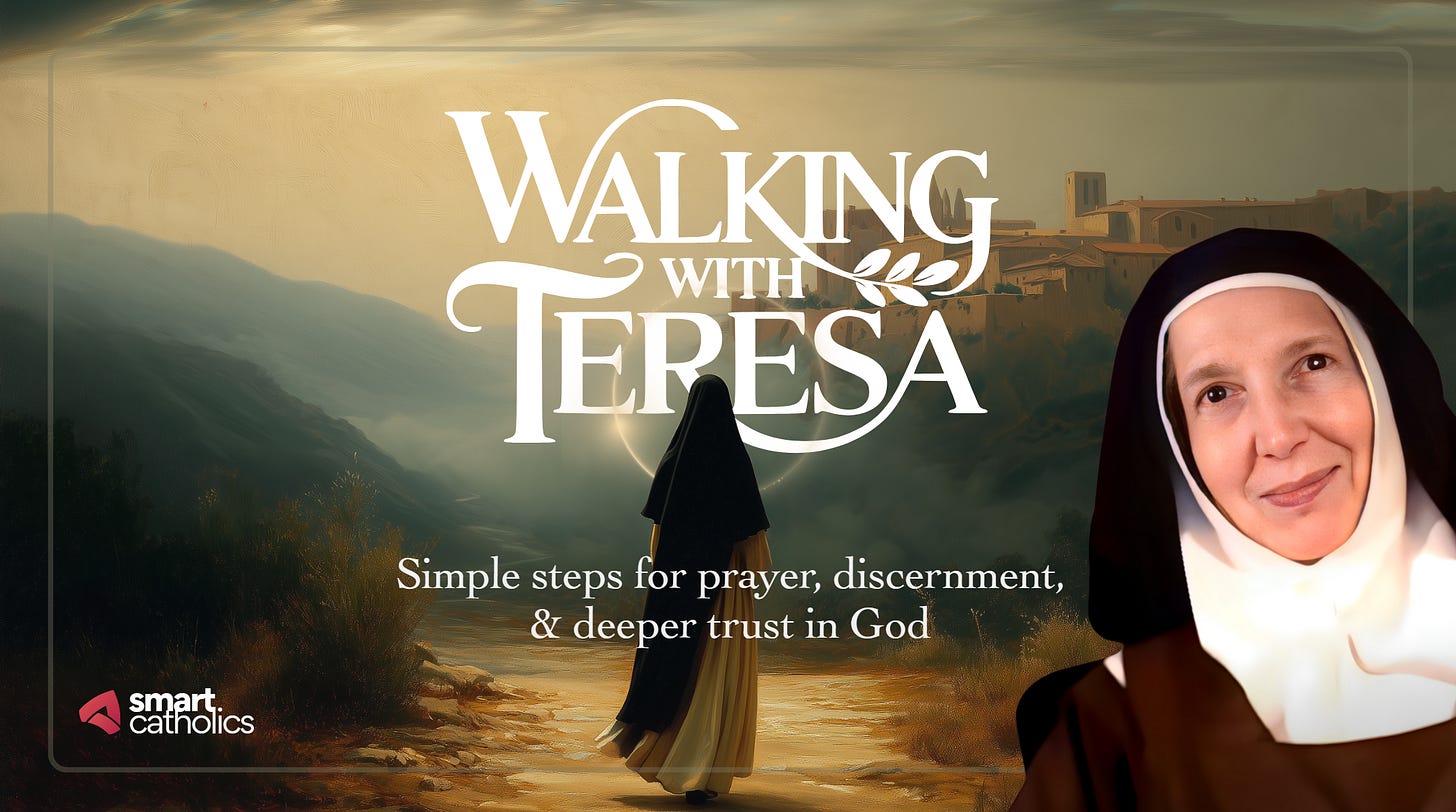Pope Leo XIV Marks Week of Unity, Martyrs, and Dialogue
Ecumenical commemoration, new diocese in China, calls for peace in Gaza, and a reminder to cry out to God in prayer
Join us and chat about how the Holy Father Pope Leo XIV continues the legacy of Vatican II—presiding over an ecumenical memorial for modern martyrs, calling a war-torn parish in Gaza, and promoting interreligious dialogue in Bangladesh. With updates on a new Chinese diocese, and reflections on crying out to God as a form of faithful surrender, his actions show the Church alive in global, pastoral, and deeply needed ways.
Remembering New Martyrs Across Traditions
Karen Dear explains that “like St. John Paul II did during the holy year of 2000, Pope Leo presides over an ecumenical prayer service for the Jubilee 2025 commemorating Catholics, Orthodox, Anglicans, and Protestants who died for their faith between 2000 and 2025.”
She notes that Pope Francis established a dicastery in 2023 to identify new martyrs, and Pope Leo carries it forward. “It’s very much in line with his message on unity and bringing all the baptized together,” she says.
Father Matthew Bartow calls the gesture “a great step towards promoting that unity,” adding that recognition of martyrs across traditions reflects Vatican II’s spirit. He points to Pope Francis’s recognition of 21 Coptic Orthodox martyrs in 2023 as precedent.
Dear draws a personal parallel to 12-step communities: “The first thing we’re told when we come in is look for the similarities, not the differences. That’s why I love being Catholic and listening to Pope Leo.”
Bartow emphasizes that the papacy is called to set this example: “The Holy Father is the vicar of Christ on earth. We should be able to look to him as the example of what steps should we be taking and what direction should we be going as a church.”
Citing John’s Gospel, Dear reminds: “Jesus talks about his longing for unity amongst the body of Christ so that the world would know who he was.”
A Call from Rome to Gaza
From Vatican News, Bartow shares that Pope Leo phones the Holy Family Church in Gaza to speak with Father Gabriel Romanelli. “This is a parish that continues to shelter 450 people, including elderly, sick, and children,” he says.
The Pope’s calls continue the practice of Pope Francis, who phoned the same community weekly. “The priest and the people are very happy to hear from the Holy Father,” Bartow adds. “He is really showing what it’s like to be a universal pastor.”
New Diocese and Bishop in China
Bartow also highlights a development under the provisional agreement with Beijing. “There was a diocese in China that was suppressed and then a new diocese is erected… They have ordained a new bishop who was a priest of this diocese,” he says.
He acknowledges controversy but urges trust: “It’s important for us to trust the Holy See in the decisions that they’re making… that the sacraments are provided for those people.”
Interreligious Dialogue in Bangladesh
Pope Leo sends a message to a conference in Dhaka reaffirming the Church’s commitment to dialogue. Bartow quotes: “Peace not conflict is our most cherished dream.”
The Pope invites believers to “carefully cultivate a growth sustaining culture by ensuring the sunlight of truth, the water of charity and the soil of freedom and justice.”
“Together as companions in interreligious dialogue we are like gardeners tending this field of fraternity,” Pope Leo writes.
Crying Out to God as Prayer
At his Sept. 10 general audience, Pope Leo reflects on Christ’s words from the cross. Dear summarizes: “Jesus’ cry was not a slip of faith. It was an honest and sincere dialogue with the Father… Crying out to God during times of trial can be an act of trust and hope in his mysterious plan.”
She reads: “In the journey of life, there are moments in which keeping something inside can slowly consume us. Jesus teaches us not to be afraid to cry out… A cry is never pointless if it is born of love.”
Bartow adds: “We are accustomed to thinking of crying out as something disorderly to be repressed. The Gospel confers an immense value to our crying… It can be the extreme form of prayer when there are no words left.”
Synod Implementation Underway
Dear shares updates from the synodal process: “The implementation process starts in June of 2025. The ending point is December of 2026.”
She explains that parishes are forming groupings, but “before that can happen it has to be initiated by the bishop at the diocesan level.”
Quoting the final document, she says: “A reading of the final document should be supported and sustained by both communal and personal prayer centered on Christ, the master of listening and dialogue.”
Prayer for Creation
September’s papal prayer intention turns to the environment. “Pope Leo’s prayer intention invites us to pray that we might experience our interdependence with all creatures who are loved by God and worthy of love and respect,” Dear says.
New series: coming this week
Thanks to the support of our members, we’re bringing you a second series from Sr Gabriella of the Incarnation, 6 episodes released for free on our YouTube channel.



